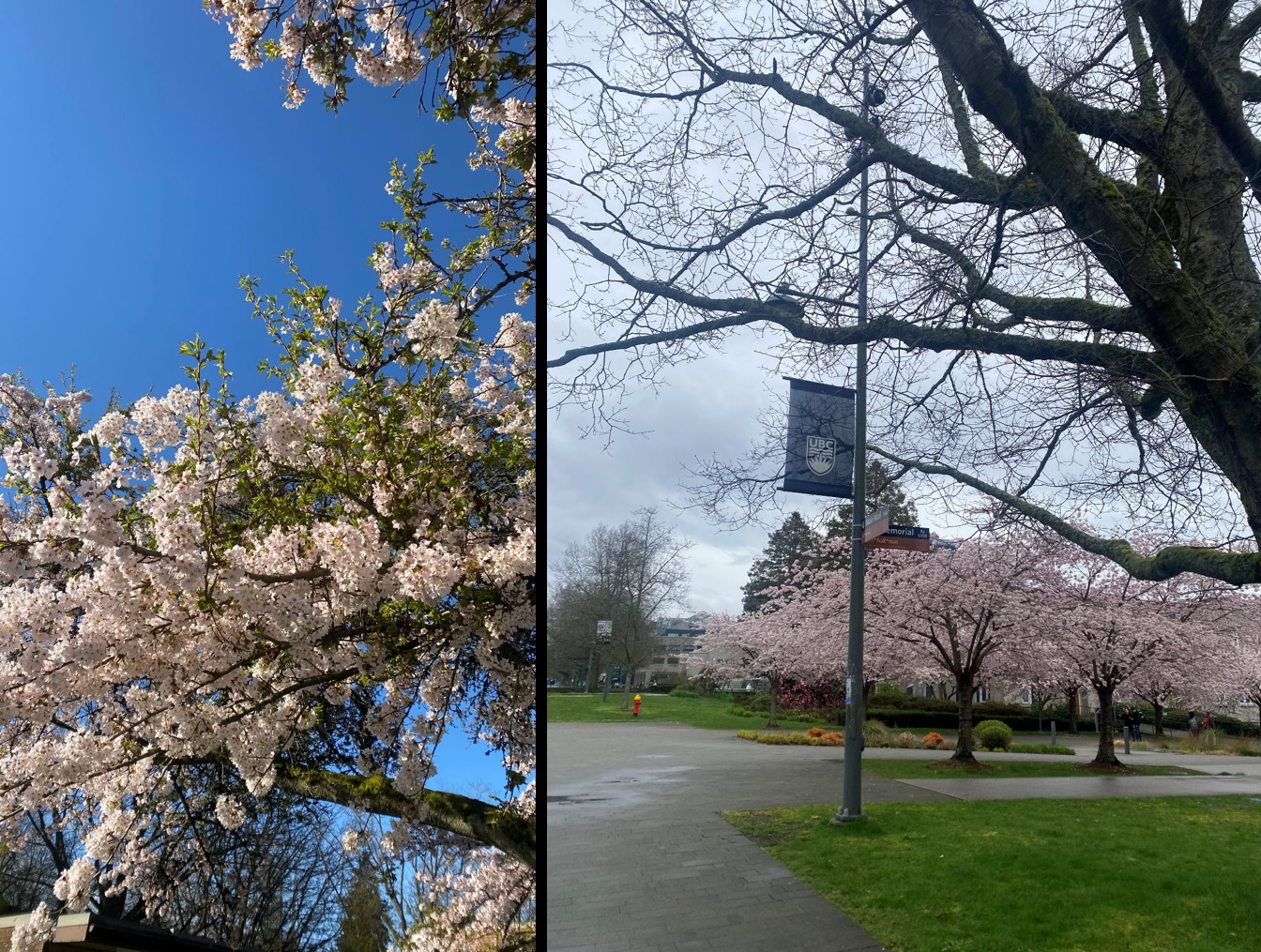Submitted by: Dr. Mary Kathryn Bohn
The CSCC Trainee Elective Visit Grant supports clinical chemistry fellows to visit laboratories outside their training program. This is a unique opportunity to augment skill sets and engage in specialized learning! I am very grateful to be a recipient of this grant this year. As a clinical chemistry fellow at the University of Toronto, I developed an interest in neuro-immunological testing. This funding granted me the opportunity to visit BC Neuroimmunology in Vancouver for a one-week elective – just in time for cherry blossom season!
From the clinical biochemist perspective, we see an increasing number of requests for neuro-autoantibody diagnostics and neurodegenerative biomarkers. This is accompanied by an expansion of in vitro diagnostics into this profile of testing where advances in technology have enabled measurement of select biomarkers in serum as opposed to CSF. While clinical biochemists will play a very important role in integrating this testing into routine practice, direct opportunities for fellowship training in this area are currently limited. BC Neuroimmunology is a specialized laboratory that aims to develop, validate, and implement diagnostic tools for neuroimmunological disorders. My elective visit was an excellent opportunity to learn from experts in this field. I had three overarching objectives:
1. To observe the total testing process for select neuroimmunology diagnostic tests
2. To develop an understanding of the considerations related to clinical correlation of test interpretation and reflex algorithms for specific neuroimmunological conditions
3. To participate in discussions regarding the future of this field, including new biomarker development and technology
To fulfill these objectives, I was able to shadow the laboratory technologists throughout the pre-analytical, analytical, and post-analytical phases of testing with specific focus on radioimmunoprecipitation and live cell-based assays for myasthenia gravis. A key takeaway from this experience was the robust quality management system, including duplicate testing, patient-based QC, international split sample comparison, and comprehensive reflex algorithms designed to minimize false negative testing.
I also had the opportunity to engage in discussions with Laboratory Director, Dr. Pankaj Kumar on emerging topics, including Alzheimer biomarkers, analytical considerations for NMOSD testing (fixed vs live cell-based assays), and utilization considerations for autoimmune encephalitis testing. Real-time review of indirect immunofluorescence rat brain tissue sections for paraneoplastic testing also highlighted the challenges of correlating patterns with fixed immunoblot testing for specific antigens.
Along with neurologist Dr. Ali Mousavi, I had the opportunity to participate in internal case reviews where challenging interpretations were discussed in collaboration with the clinical teams, providing additional value in result interpretation and fostering laboratory-clinical engagement. Overall, there were many lessons learned during my week with BC Neuroimmunology that made me further appreciate the challenges in this field but also the excitement of its expansion!
A big thank you to the entire BC Neuroimmunology team for opening their doors with a warm welcome and collaborative environment. Thank you as well to CSCC Council for continuing to support fellows in expanding their training to speciality areas.












